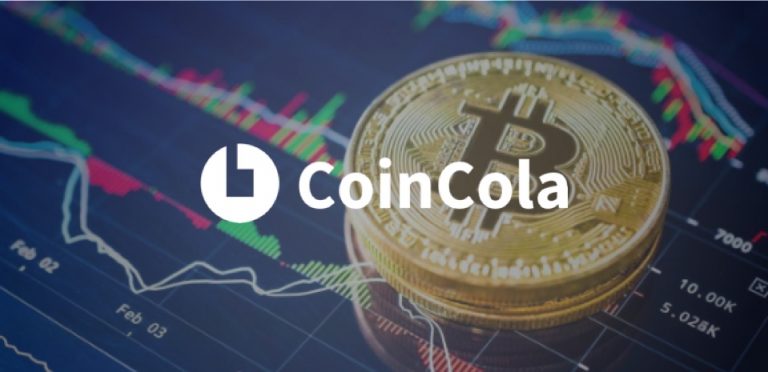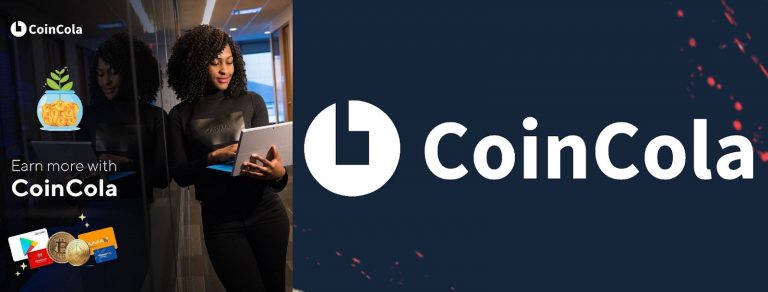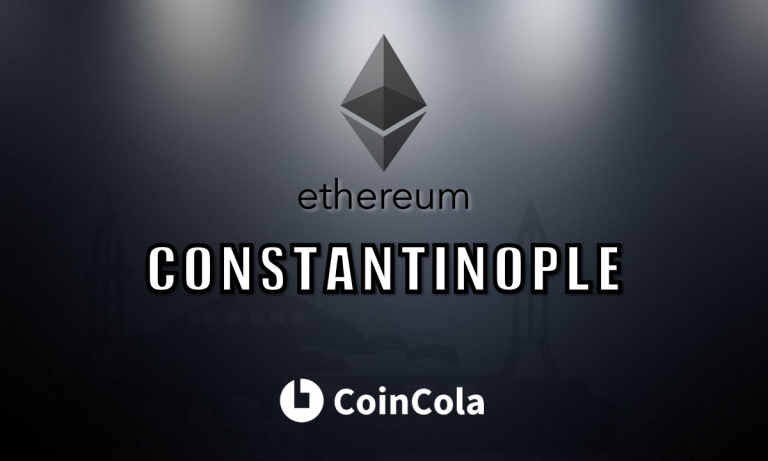3 Types of Crypto Wallets You should Know about
If you’re reading this, you already know about cryptocurrencies like Bitcoin. What you may not know is that there are 3 main ways to store your crypto tokens, or coins, after acquiring them. In this article, we’ll cover all of them starting with..
Hot Wallets
A hot wallet is connected to an Internet. It’s where your crypto ends up if you buy via an OTC marketplace, an exchange, or get via a transfer. It’s very convenient in that making a transaction or receiving payment is instant and uncomplicated.
There are several ways to get a hot wallet. If you open an account with CoinCola, whether it’s for our OTC marketplace or exchange, we give you a hot wallet. You can then use it to trade on our platforms – or to store your money.
Alternatively, you may choose to get a software wallet that lets you retain complete control of ownership. The downside to that is if you lose access, you won’t be able to restore it via a “Forgot My Password” procedure as you would with CoinCola.
The main upside too hot wallets is that they’re convenient and easy to make. An important downside is that you can lose your money easily via:
- Loss of access, wherein you forget or lose ownership of your wallet and can’t recover it.
- Loss of funds, wherein someone accesses your hot wallet and siphons money out of it.
- And other mechanisms
Cold Wallets
A cold wallet is one that’s not connected to the Internet. Itt can come in the form of a piece of paper with a code on it, a USB drive, etc. Cold storage is what CoinCola uses to keep the bulk of customers’ funds – and here’s why.
A cold wallet tis a lot harder to lose access to than a hot one. Provided you keep the physical or digital carrier itt’s linked to – e.g. the piece of paper a Bitcoin cold wallet was printed to – you can’t lose your money.
The concern with cold wallets is that if you do lose them, they are 100% impossible to recover – even more so than hot wallets. That’s why many CoinCola users prefer to use our hot wallet, knowing that we keep a lot of users’ funds in cold storage.
Last but not least, there are…
Warm Wallets
Warm wallets are the newest category in our list. They’re experimental and new, to the point that they work with few exchanges, marketplaces, and cryptocurrencies. Here’s how they work.
Anytime you want to make a transaction or payment, you make an “intent to move” block that registers your impending action. Afterwards, there’s a time period within which your transaction can be cancelled.
This means that warm wallets work like hot wallets with an “undo” button: an important feature that helps prevent fraud, theft, mismanagement, and more.
Warm wallets may not be as secure as cold storage – but they’re a good way to improve on hot wallets, which aren’t always secure.
—-
Now, the truth is that for now, you’re unlikely to get a warm wallet. Instead, what you may want to do is find a reliable cold wallet for large amounts and a convenient hot wallet for smaller transactions.
For the latter, consider checking out our platform: CoinCola.com. We use multiple security mechanisms, like SSL certificates and cold storage for users’ funds, to protect your crypto assets – and all you need to do to get started is visit www.coincola.com.
Follow CoinCola on Social Media
Twitter: https://twitter.com/CoinCola_Global
Facebook: https://www.facebook.com/CoinCola/
Instagram: https://www.instagram.com/CoinCola/
LinkedIn: https://www.linkedin.com/company/coincola/
About CoinCola
Founded in 2016, CoinCola is a Hong Kong based company offering both over-the-counter cryptocurrency trading and crypto-to-crypto pair trading exchange. CoinCola now serves millions of users from over 150 countries with our fast, secure, and reliable trading services. We support BTC, ETH, BCH, LTC, USDT, DASH, and XRP. Visit www.coincola.com to invest in digital assets.
Disclaimer: Trading and investing in cryptocurrencies, also called digital currencies, crypto assets, and so on) involves substantial risk of loss. All informations are used at your own risk, and any content on this site should not be relied upon as advice or construed as providing recommendation of any kind.
![[:en]Types Of Bitcoin Wallet - CoinCola[:]](https://www.coincola.com/blog/wp-content/uploads/2019/05/Screen-Shot-2019-05-14-at-1.36.58-PM.png)





